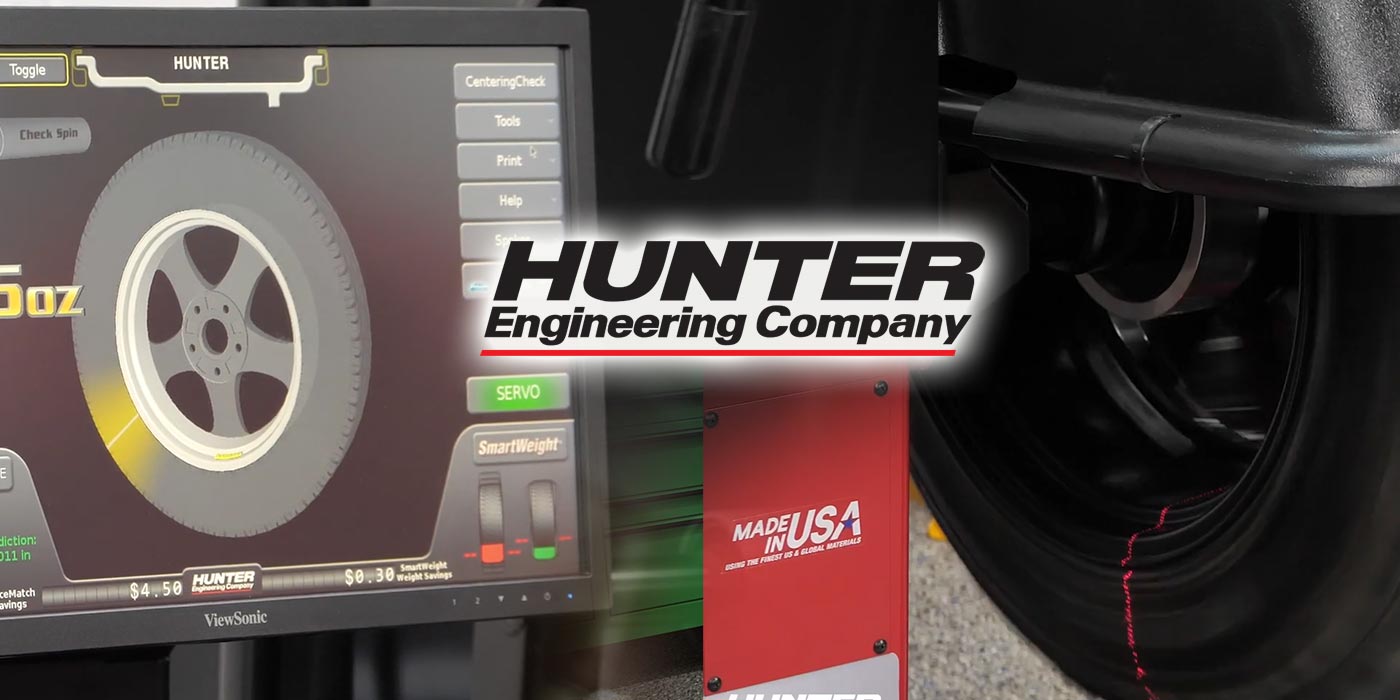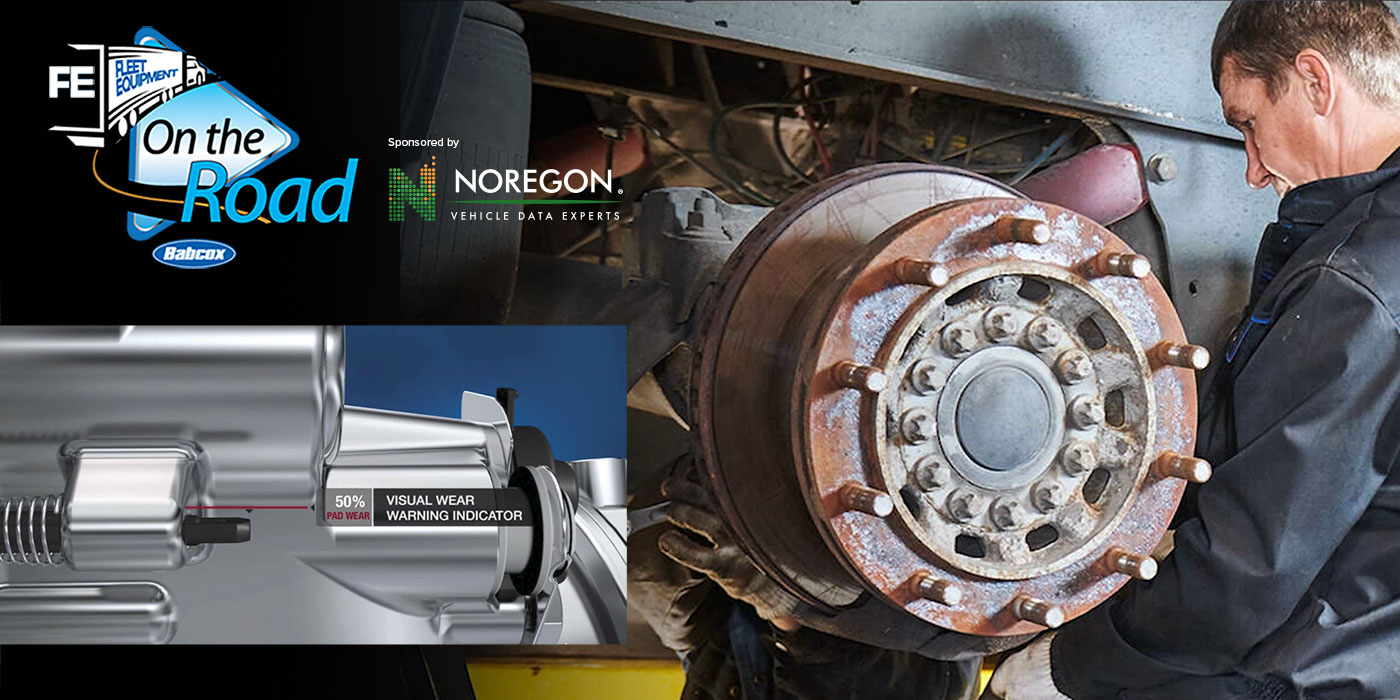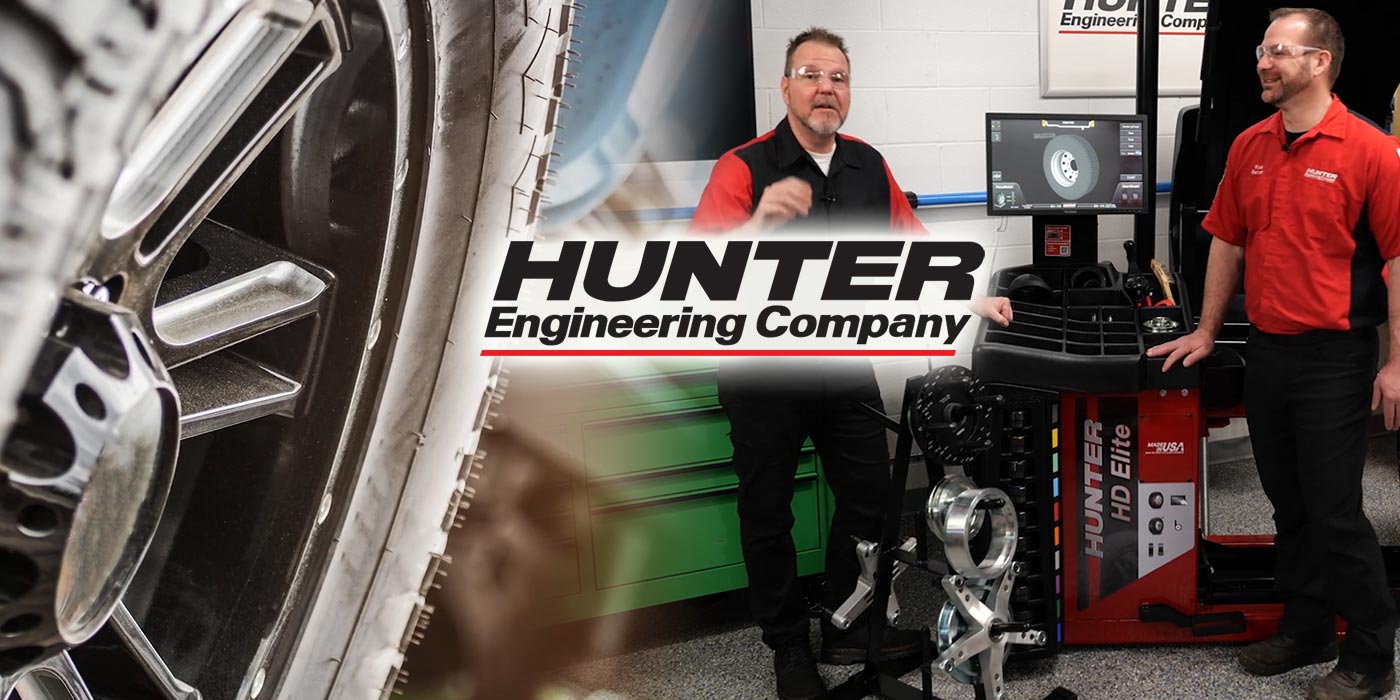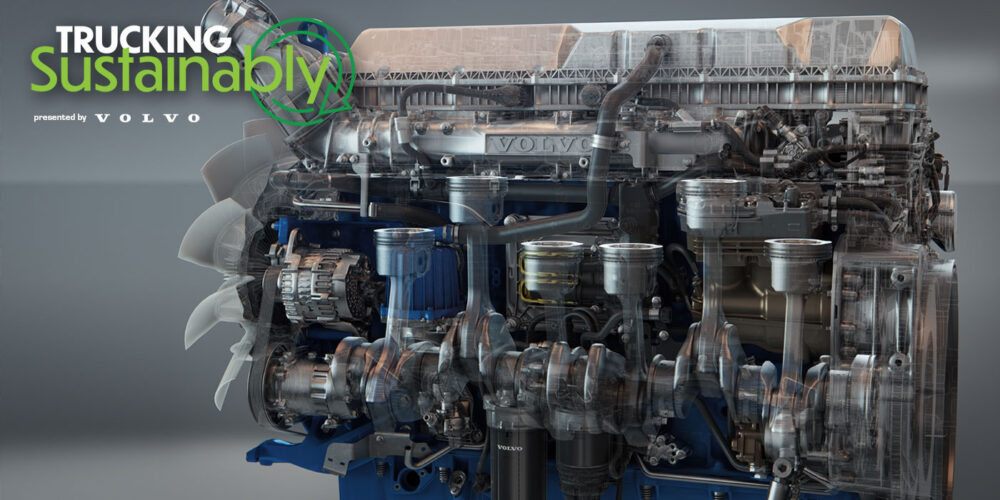Software updates are an integral part of any shop’s operations. They simply add more knowledge and data to your scan tools and diagnostic equipment, so the tools themselves are aware of the newest diagnostic procedures, re-written code to make components run more efficiently, and new equipment for systems like ADAS and EV charging. There are even updates that allow your tools to run diagnostics more efficiently on current and older trucks.
As you can imagine, if you ignore those software update notifications, you’ll be missing out on some big performance gains in your operations. While your fleet won’t grind to an instant halt, there is a much larger chance that the diagnostics/ services you perform on your trucks will be inaccurate, slow, or worse, both. The longer you go without updates, the higher the possibility of issues in as little as a week or two. So how do you know if your scan tools and diagnostic equipment really need an update?
Usually, your tool will tell you by popping up a notification, as mentioned before. You most likely won’t be able to ignore it. If your tool doesn’t have an automatic check, then checking for yourself is simple. Go into your tool’s system settings or options and hit “check for updates.” If it says “no updates” or “up to date,” you’re good to go. Other signs may show up in your trucks themselves, which could range from a slight change in how a component functions, to a sudden issue that requires immediate attention and unexpected downtime.
For example, if you connect to your trucks remotely to pull driving data or retrieve its location, the connection may seem spotty or even non-existent. An update will likely fix it. Or if you’re scanning a truck’s ECU and it doesn’t fully report back on all of its connected systems, or if scans seem incomplete. An update could fix that as well. If you have certain fault codes that appear regularly, or just don’t go away no matter how many times you’ve performed the procedure to satisfy it.
Yeah, you guessed it again, software updates.
Now, yes, I know these updates can pop up at the worst times, like right when you get in in the morning, or in the middle of the day when most of your fleet is out on the road. If you have to ignore it, don’t put it off for long. I’m talking one day, maybe two. Schedule updates for off hours, weekends, or when your drivers will be the least affected, like meetings or holidays. It’s definitely worth checking for and applying software updates for your equipment as soon as possible.
By incorporating it into your daily or weekly maintenance schedule, you will be doing your shop a huge favor by ensuring it can work on ANY truck, regardless of make, model or year.













